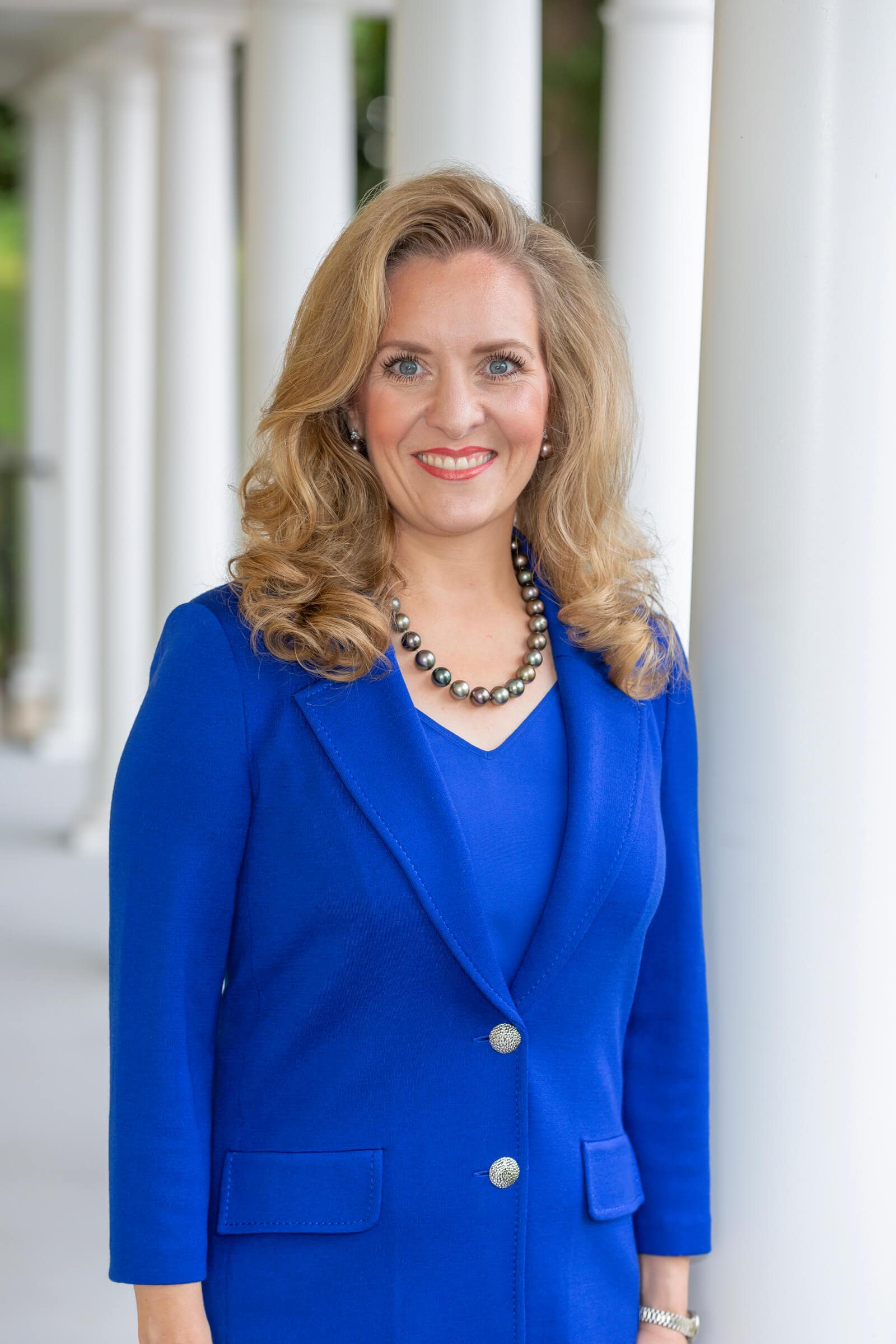
Death is a part of life, and with the loss of a loved one comes questions of how their estate should be distributed. In some cases, an official will or trust leaves a clear plan in place, but individuals do not always have this document set up before they pass. To make matters more complex, disputes or legal difficulties can sometimes pop up during this process.
If you are involved in a dispute or are looking for legal help while executing an estate, it could be helpful for you to review the details of your situation with a Shelby wills and estate lawyer. Contact us today to schedule a free consultation with our Wills and Estates Administration Lawyer.
Who Is Responsible for Executing a Will or Settling an Estate?
If a legal document like a will exists, it is likely that a specific individual named the “executor” will be deemed responsible for settling an estate. Often, this individual will work closely with a probate court or other lawyers involved.
In cases where no executor is named, or no will is present, the next of kin or another close family member can file a motion to become the representative. They then become responsible for executing an estate similarly to a named executor.


Handling Your Loved One’s Affairs
As you face the emotional loss that comes with the death of a loved one, you could also be charged with handling their estate. Typically, a deceased individual’s estate is broken down into assets and allocated based on a will or living trust.
A will or living trust is essentially a plan of action that gives specific instructions for what happens after an individual’s passing. The deceased’s assets, debts, and last wishes all need to be considered when going through this document, and this process could require legal oversight.
Sometimes, a will or living trust does not exist at the time of an individual’s death. Situations like this can make handling an estate more complicated and complex, as a certain level of legal interpretation may be necessary.
Assets in an Estate
As reported by the Internal Revenue Service (IRS) in 2019, stocks and real estate accounted for the vast majority of assets in estate settlements. Estates can also include cash, personal belongings, and more.
If an estate’s assets are beyond a specific threshold – or if any complications or disputes arise when settling an estate – it could go through probate court. Then, any remaining assets should be allocated in accordance with a will among those designated as heirs.
Outstanding Debts
If your loved one owed any debts, their assets would first be used to cover the remaining balances owed to creditors. In some cases, creditors may try to claim assets that are not rightfully theirs in order to repay a debt, or claim assets that exceed what is owed. If you find yourself in a situation like this while settling a loved one’s debts, it could be helpful to have an estate planning lawyer by your side.


Probate Court
The term “probate” refers to the legal settlement of an estate. As such, probate court is a court specializing in matters related to a trust, will, or estate. There are many reasons why an estate could have to go through probate court. For example, if there are any disputes or issues among heirs, the court may need to intervene to settle these matters.
Even if everything is on track, probate court could still be necessary. For instance, some states require assets exceeding a certain value to be settled through the court system.
If you have questions about the legal process or whether or not an estate should go through the courts in Shelby, NC, a probate lawyer from our firm is here to answer your questions.
Possible Disputes Among Loved Ones or Others
Unfortunately, settling wills, trusts, and estates can get messy. Disputes between the people closest to you are even possible. Examples of common wills and estate disputes include:
- Arguments between heirs when interpreting the language of a will
- Disputes regarding how the executor is fulfilling – or failing to fulfill – their responsibilities
- Issues with the allocation of assets
- Disputes over what should be done with an estate if no will is present
- Disagreements over the value of certain assets held within an estate
- Issues with creditors trying to claim the assets of an estate
- Missing or potentially stolen belongings, financial accounts, and more
- Legal challenges to the wording or validity of a will
If you find yourself with legal questions or in the middle of an estate dispute, remember that you can consult a professional to help sort out matters in a beneficial way. A wills and estate lawyer from our firm can act as a mediator and neutral third party to help resolve such disputes.
The Potential Benefits of Hiring a Lawyer in Shelby, NC
There are several possible benefits to hiring a lawyer following the death of a loved one. For example, our attorneys can help you during this difficult time by:
- Answering your questions throughout the entire estate settlement process, putting you at ease and allowing you to focus on recovering from this tragic and difficult time
- Ensuring that the legal proceedings of estate settlement are going through the system promptly
- Reviewing, completing, and submitting tedious, time-consuming paperwork
- Negotiating with creditors who the estate may own money to
- Protecting you from litigation if you are the executor, heir, or are affiliated with the estate in any way
- Interpreting language in the will or other legal documents
If you are ready to take action regarding your loved one’s estate to fulfill their last wishes and claim what is rightfully yours, our team is ready to discuss your situation and potential next steps.


Contact Farmer & Morris Law, PLLC, Today
In the matters of wills, estates, and probate court, Farmer & Morris Law, PLLC is available to help. Call (704) 482-1112 for a free consultation with one of our team members today.




